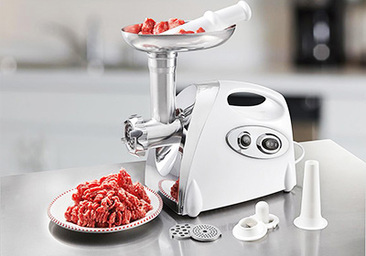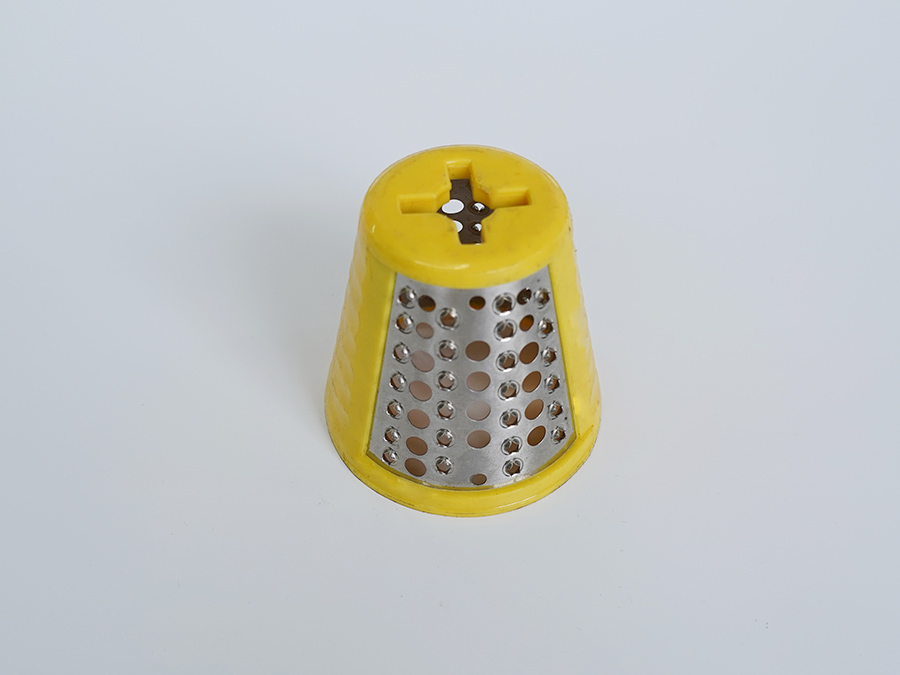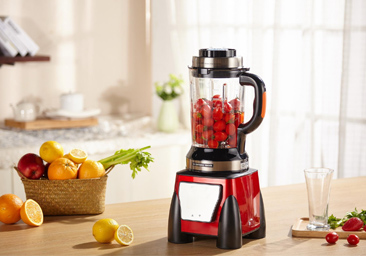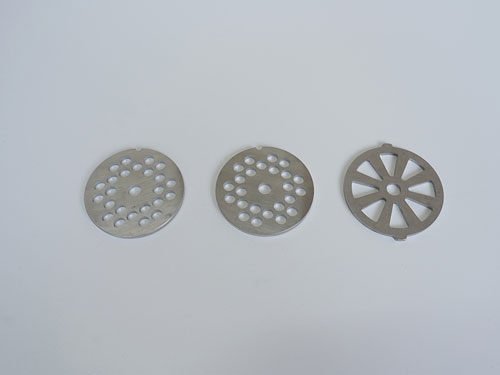
 Home > News
> News Information
Home > News
> News Information
1、 Stainless steel material
Stainless steel is one of the most common materials for juicer blades. Stainless steel has excellent corrosion resistance and oxidation resistance, and can be used for a long time in humid and acidic environments without rusting easily. In addition, stainless steel also has high hardness and wear resistance, which can ensure that the blade is not easily worn during high-speed rotation and extend its service life. Another advantage of stainless steel blades is that they are easy to clean and maintain, effectively preventing bacterial growth and ensuring the hygiene and safety of fruit juice.
However, stainless steel blades also have certain drawbacks. Firstly, although stainless steel has high hardness, its toughness is relatively poor and it is prone to fracture when subjected to impact or bending. In addition, stainless steel has good thermal conductivity, and prolonged use can cause the blade temperature to rise, thereby affecting the taste and nutritional value of the juice.
2、 Carbon steel material
Carbon steel is a type of steel with a high carbon content, possessing high hardness and wear resistance. Carbon steel blades perform excellently in cutting force and sharpness, and can easily handle ingredients of various hardness. In addition, carbon steel blades have relatively good toughness and are less prone to fracture.
However, carbon steel blades also have some shortcomings. Firstly, carbon steel has poor corrosion resistance and is prone to rusting in humid environments. Therefore, juicers using carbon steel blades require special attention to maintenance and cleaning. Secondly, carbon steel has good thermal conductivity, which can also lead to an increase in blade temperature and affect the quality of the juice.
3、 Ceramic material
In recent years, the application of ceramic materials in the field of juicer blades has gradually increased. Ceramic blades have extremely high hardness and wear resistance, which can maintain sharpness for a long time and reduce the damage of cutting force to food ingredients. In addition, ceramic blades have good corrosion resistance, are not easy to rust, and are easy to clean and maintain. Another advantage of ceramic blades is poor thermal conductivity, which can effectively reduce blade temperature, maintain the taste and nutritional value of juice.
However, ceramic blades also have some limitations. Firstly, ceramics have poor toughness and are prone to fracture. Therefore, when using a juicer with ceramic blades, it is necessary to avoid applying excessive impact force to the blades. Secondly, the cost of ceramic blades is relatively high, resulting in a corresponding increase in the overall price of the juicer.
4、 Polymer plastic material
The application of polymer plastic materials in the field of juicer blades is relatively limited, but it also has its unique advantages. Polymer plastic blades have high toughness and impact resistance, and are not easily broken. In addition, polymer plastics have poor thermal conductivity, which can reduce blade temperature and minimize the impact on juice quality. Another advantage of polymer plastic blades is their low cost, making them suitable for the production of economical juicers.
However, the hardness and wear resistance of polymer plastic blades are relatively poor, and they are prone to wear and deformation after prolonged use. In addition, plastic materials are prone to aging in high temperature and humid environments, leading to decreased performance and safety hazards.
5、 Summary and Suggestions
In summary, the material selection of juicer blades needs to be determined based on specific needs and usage scenarios. Stainless steel material has high corrosion resistance and wear resistance, suitable for general household use; Carbon steel material has high hardness and toughness, making it suitable for scenarios that require high cutting force; Ceramic materials have extremely high hardness and corrosion resistance, but the cost is relatively high; Polymer plastic materials have high toughness and impact resistance, but relatively poor hardness and wear resistance.
When purchasing a juicer, consumers can choose the appropriate blade material based on their needs and budget. Meanwhile, it is also necessary to pay attention to maintenance and cleaning during use to extend the service life of the juicer and ensure the quality of the juice.
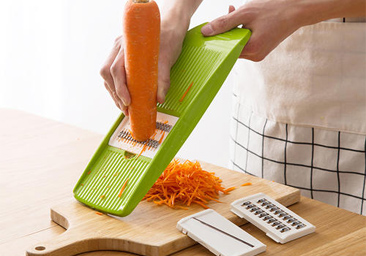
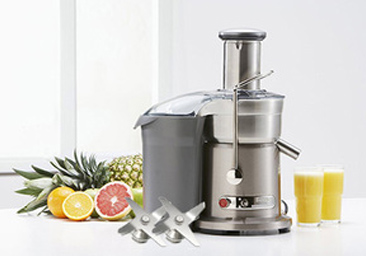
.jpg)

